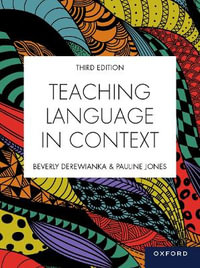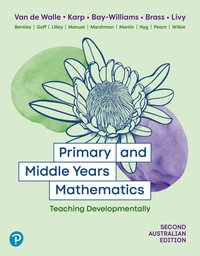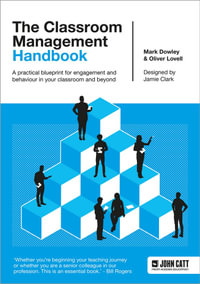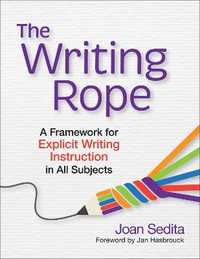
Calling a Snow Day
How Local Politics Influence School Decisions
By: Richard D. Tomko
Hardcover | 15 October 2024
At a Glance
Hardcover
RRP $129.00
$105.25
18%OFF
Aims to ship in 5 to 10 business days
When will this arrive by?
Enter delivery postcode to estimate
Educational administrators are faced with making decisions on a daily basis that affect the operations of their district, building, or organization. Nearly all of these decisions are based on the needs and influence of local stakeholders and constituent groups. Calling a Snow Day: How Local Politics Influence School Decisions is a tool to help leaders in education identify, understand, and be able to maneuver around any and all obstacles that would influence decisions based on the needs of the constituent and stakeholder group and not just the system as a whole. These decisions that impact the stakeholders of an educational system can be influenced by a political landscape which can be both beneficial and detrimental to the progress that the administrator is looking to make in consideration of their tenure in district.
Industry Reviews
Calling a Snow Day: How Local Politics Influence School Decisions offers an illuminating journey through the intricate world of educational leadership, as seen through the lens of snow day decisions and beyond. Dr. Tomko's meticulous exploration unveils the myriad complexities faced by educational leaders, from navigating stakeholder needs to mastering the art of political savvy. This book is an indispensable guide for educators and policymakers alike, providing actionable insights into decision-making processes, feedback mechanisms, and the formation of crucial alliances. Dive into this compelling narrative to uncover the strategies and tools essential for effective leadership in today's educational landscape.
--Lamont Repollet, President, Kean University; former New Jersey Commissioner of EducationReading Calling a Snow Day: How Local Politics Influence School Decisions is like having a conversation with one of the brightest and most practical school leaders that you can possibly meet. Dr. Tomko understands what so many in educational leadership ignore - the importance of "reading a room," identifying mechanisms for organizational success, the need to build and ultimately use political capital, and of course, the importance of evaluating the local political landscape. This is a must read, and ultimately, a critical resource for anyone with the reins in a school district.
--Jonathan M. Busch, Mayor, Borough of Metuchen, New Jersey, senior partner, The Busch Law Group LLCUnderstanding the fundamentals of communication and recognizing the many varied constituencies or publics that a school leader must serve is the key to successful leadership in any organization. Public Schools are no exception. Public School leaders answer to more disparate and competing interest groups than leaders in any other business sector. The goal is to ensure that all of these groups understand the larger vision of the district as expressed through decisions that leader makes. Dr. Tomko discusses the subtle (and not so subtle) influences that impact daily decision making in a very real way. Tomko's process of decision making is comprised of equal parts empathy, commitment to vision and mission, deep understanding of community and awareness of power structures within that wider community.
--Timothy J. Frederiks, EdD, executive director, New Jersey Association of Educational LeadersISBN: 9781475872101
ISBN-10: 1475872100
Published: 15th October 2024
Format: Hardcover
Language: English
Number of Pages: 124
Audience: Professional and Scholarly
Publisher: ROWMAN & LITTLEFIELD PUBLISHERS
Country of Publication: GB
Dimensions (cm): 23.7 x 15.8 x 1.7
Weight (kg): 0.39
Shipping
| Standard Shipping | Express Shipping | |
|---|---|---|
| Metro postcodes: | $9.99 | $14.95 |
| Regional postcodes: | $9.99 | $14.95 |
| Rural postcodes: | $9.99 | $14.95 |
How to return your order
At Booktopia, we offer hassle-free returns in accordance with our returns policy. If you wish to return an item, please get in touch with Booktopia Customer Care.
Additional postage charges may be applicable.
Defective items
If there is a problem with any of the items received for your order then the Booktopia Customer Care team is ready to assist you.
For more info please visit our Help Centre.























